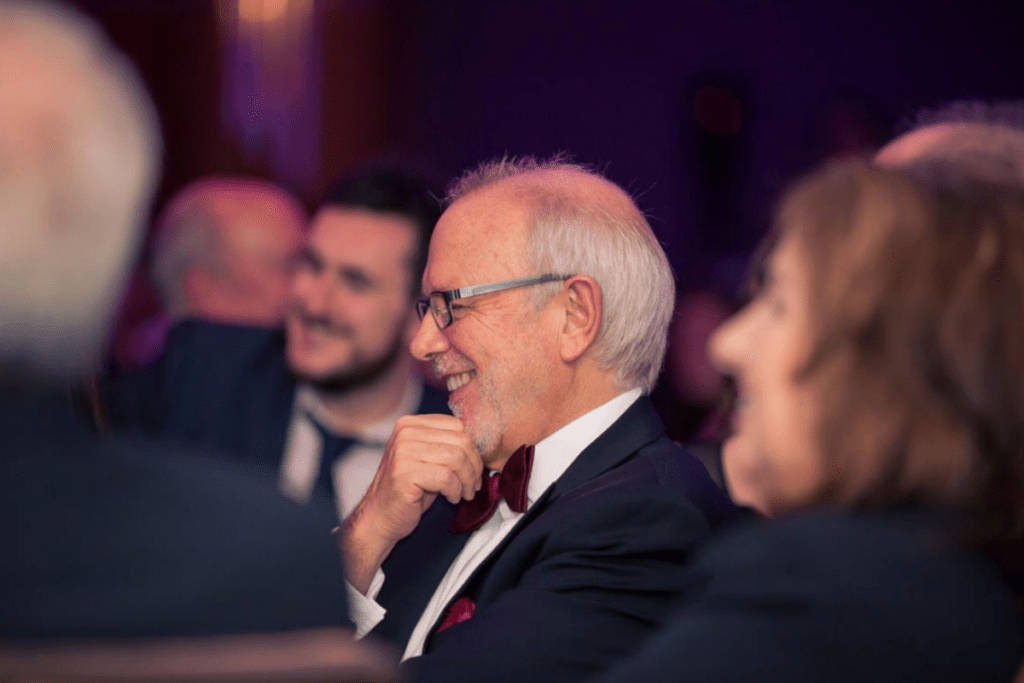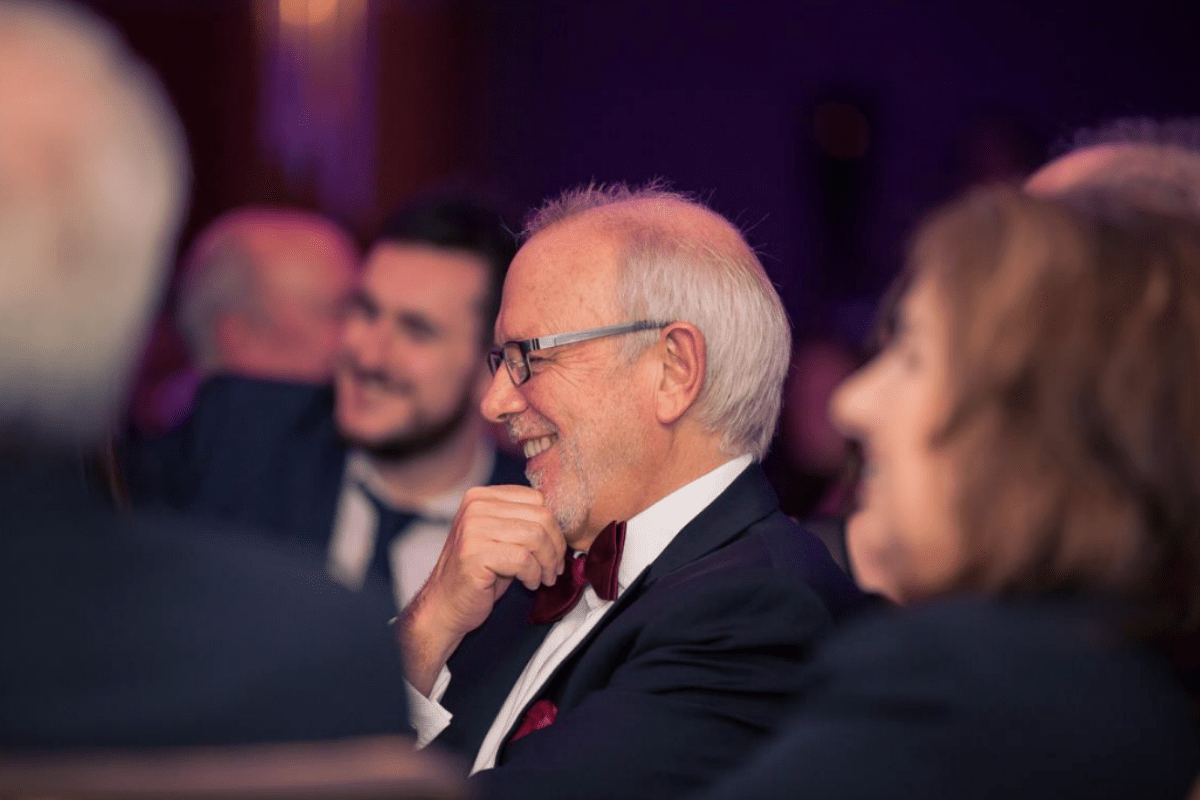4 MIN READ
This was based on a belief that advertising “diluted the relationship of trust between solicitor and client by suggesting that the relationship was one from which a solicitor would gain” (perish the thought) and was “precluded by a solicitor’s wider duty to the public”.
Although the ban was lifted in 1985 and relaxed several times subsequently, a sense of reticence to shout loud seems to persist among elements of the profession in Scotland.
The power of branding
“I think, unquestionably, that history held the Scottish legal sector back. Any form of promotion was a dirty word and the culture persisted in many areas long after the ban was lifted,” says John Denholm, co-founder of the Leith Agency and now chairman of Denholm Associates.
“Marketing and brand strategy was regarded with suspicion until relatively recently. Its exponents were people you should keep in the basement who weren’t central to company strategy.”
Times have changed, says Denholm, but perhaps not that much. “The importance of a powerful brand is now understood among established law firms; whether a brand plays a central role in a company is more debatable.”
“Often, lots of time goes into creating a nice logo, colour scheme and typeface, but a real brand is the image people carry around in their minds. That’s about quality service across the whole business.”
Denholm thinks that there are increasing opportunities for powerful indigenous Scottish legal brands as some of the strongest marques of the past disappear; McGrigors became part of Pinsent Masons in 2012, while Dundas & Wilson joined forces with CMS Cameron McKenna in 2014.
Burness Paull
Philip Rodney, chairman of Burness Paull, one of those powerful indigenous brands (500 staff, 264 lawyers, 58 partners), agrees. “If you work across a large number of markets globally, you need a consistent brand and that can be quite anodyne,” he says.
“It’s different for a firm like us, embedded in the Scottish market; we can be more agile and have more ownership of the development of the brand — and show that we are intimate with the market, but at the same time have an international outlook.”
Mr Rodney thinks that a brand has to clearly reflect a firm’s strategy. “It’s about tone of voice, consistency of message, authenticity,” he says.
He stresses the need to reflect a firm’s vision, values and culture: “We had a go at our values seven to eight years ago and the management went into a huddle and cascaded them down. It didn’t work. When we did it again, we consulted every single person in the firm. Your values are your DNA, not your USP.
“Our values are focused on three key points: ‘we’ rather than ‘me’ and a sense of collective benefit; a culture of continuous and consistent improvement; and linked to that, always being future-facing and having real ambition.”
Anderson Strathern
Catriona Watt, the partner at Anderson Strathern who led the 2015-16 rebranding with the creative agency Whitespace, agrees staff have to be signed up every step of the way.
Employees were fully involved, from the research stage to the launch, and were first to see the refreshed look — and they are “buying into it” very strongly, insists Watt.
Why did Anderson Strathern re-brand at all? “We needed to look again at the brand because the marketplace had changed greatly in the decade to 2015 and we had to examine our own voice and image within it,” says Watt.
“We wanted to answer the question ‘Why?’ Professional services firms had lots to say about what they did and how they did it. We tried to get underneath that: why do we come to work? Why should clients choose us?”
The exercise led to Anderson Strathern (rather than just AS) appearing on the brand, a subtle change of colour and design and a new slogan (“For where you want to be”), which aimed to reflect the aspirations of all the firm’s clients.
“We didn’t rebrand, we refreshed and revitalised the brand and spoke out clearly in the new marketplace,” says Watt.
Talk to Denholm
“30 years on, that Scottish legal firms are starting to get it. They seem to get now that branding is not about the superficial application of a marque; it’s about hard work, longevity and quality of service,” says Denholm.
So whether it’s scarce skillsets, elusive locations, or you just needed them to start yesterday… We are experts in hiring the talent you simply can’t find yourself.
Contact us on 03303 359 818 for more information about how we can support your growth strategy.



